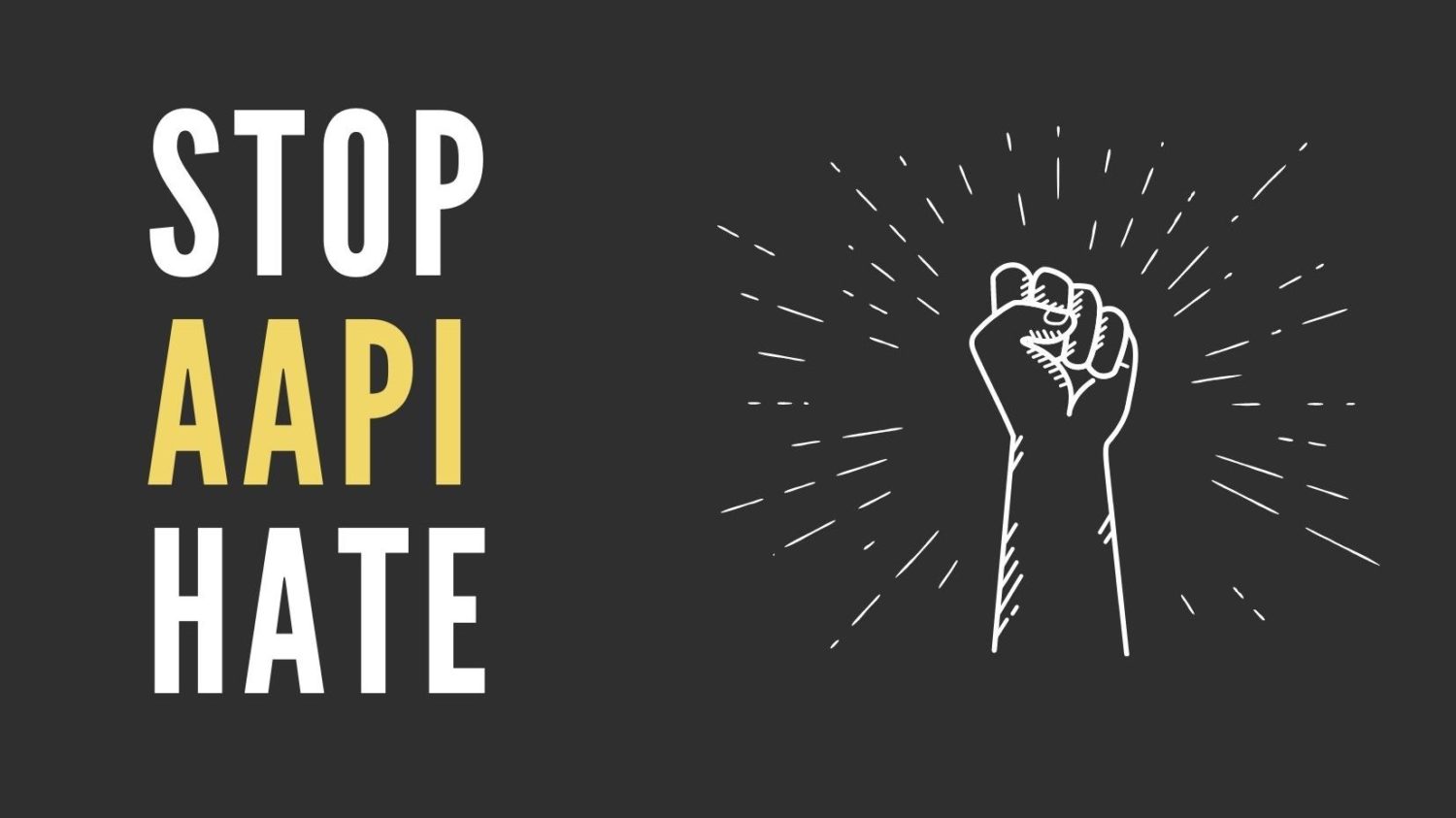
“I argue that the surge in anti-Asian racism isn’t an Asian American issue, it’s other people’s issue with us. So others are the ones with the problem … others have to deal with it,” says Dr. Russell Jeung, professor of Asian American Studies at San Francisco State University. “So allies are really critical in raising awareness, educating themselves and reimagining who belongs to America.”
Dr. Jeung co-founded the Stop AAPI Hate reporting center after reading news stories about attacks against Asian American elders and seeing an alarming escalation in xenophobia, bigotry and violence in the United States resulting from the COVID-19 pandemic. Jeung will be the day-one keynote speaker at the University of Wisconsin-Madison 2021 Diversity Forum Nov. 2-3.
“I read stories about COVID-19. I knew what happened with SARS [severe acute respiratory syndrome] in 2013 that whenever diseases came from Asia, Asians get blamed and attacked,” Jeung tells Madison365. “I began to notice in news media, stories about racism and I began to track it and saw that the accounts were growing in number and I wanted to do something about it and hold the government accountable to be responsible for the safety of Asians.”
Having done a few reports on news accounts, Jeung began to work with community groups to advocate for the government to do something.
“At the start, it was an awareness of Asian-American history, studies of news accounts and wanting to hold government accountable,” Jeung says. “I worked with community groups and then we contacted AAPI legislators in California, contacted the attorney general who said that they didn’t have the capacity … so we created our own website to collect firsthand accounts. As a researcher, I had secondary sources but I wanted firsthand data.”
Jeung stresses the role social media played in spreading anti-Asian hate.
“Trump began using the term ‘Chinese Virus’ and insisted on using that term and that really had all of these consequences,” he says. “It racialized the virus so that the virus was Chinese. It stigmatized people and said Chinese people were carrying the virus. That’s the discursive language issue.
“The second thing it did is it actually went viral on social media and that hate speech is clear. The use of the term skyrocketed on social media and then we correlated hate speech that went viral led to hate violence,” he adds. “Social media circulated the term, offensive memes and representations that, again, made that association of the virus being Chinese and Chinese people spreading the virus.”
For many years, Dr. Jeung has studied social movements, community organizing, race and religion and the Asian Pacific Islander experience for decades.
“What I argue is that because it became such a part of people’s implicit bias and part of their racial schema by which they saw the virus being Chinese and people then got triggered and threatened by Chinese and went into fight-or-flight response,” Jeung says. “Social media had a role in spreading racial perspectives and then shaping racial perceptions.”
Jeung says that he has seen a positive response from the Asian American community.
“What happened is that we were able to flip the narrative – that it wasn’t a bunch of isolated incidents by prejudiced individuals, but that it was widespread and then it became institutionalized,” he says. “Policymakers were using the term ‘Chinese Virus.’ It began to create anti-Chinese policies. It was clear that the widespread nature of the racism was at an interpersonal level and at an institutional level. I think we really got the message out that this was a lot like the Black Lives Matter movement in that the policies impact the personal lives of individuals. And I think the American community felt it.”
Since March 2020, Stop AAPI Hate has been tracking instances of xenophobia and bigotry, revealing that the number of anti-Asian hate incidents. A large proportion of the attacks have been on women and the elderly.
“The data plus the graphic video footage combined really raised awareness. That shaped people’s hearts and their minds. The Asian-American community really mobilized quickly,” Jeung says. “Since so many of us were impacted and when we saw elders being attacked, that really cut close to home. This is the most vulnerable and honored part of our community. It’s pretty easy to spark a movement when your elders are being attacked.
“The Asian-American community mobilized really quickly and really well. I think this is the largest Asian-American movement that I’ve seen in my lifetime,” he adds. “That was the easy part. The hard part was getting the rest of America to respond.”
Jeung says that he has visited Madison before and really enjoyed his time in the city and is looking forward to keynoting the UW Diversity Forum.
“During my keynote in Madison, I’m going to reflect on building an anti-racist movement,” he says. “What were the conditions and the context? What were the key factors that sparked the Asian-American movement and then the impact of the movement as well? I think we’re now both making narrative change and policy change and so I want to highlight those and to really encourage people to participate in such movements.”
Part of Stop AAPI Hate’s approach recognizes that in order to effectively address anti-Asian racism, people must work to end all forms of structural racism leveled at Black, Indigenous, and other communities of color. White allies must also do work to make a change.
“I assert the reason we are getting attacked so much is that people view us as outsiders, foreigners, disease-carrying threats and that’s been the ‘yellow peril’ stereotype that has been invoked throughout Asian-American history,” Jeung says. “And if we can reimagine us as Asians as belonging, as people’s neighbors and as fellow humans, then perhaps we would be treated with more empathy and dignity. What allies can do is reconceive America, not as a white, Christian nation, but as an inclusive nation that welcomes everyone. Even if you are a foreigner, you’d be treated well.”



